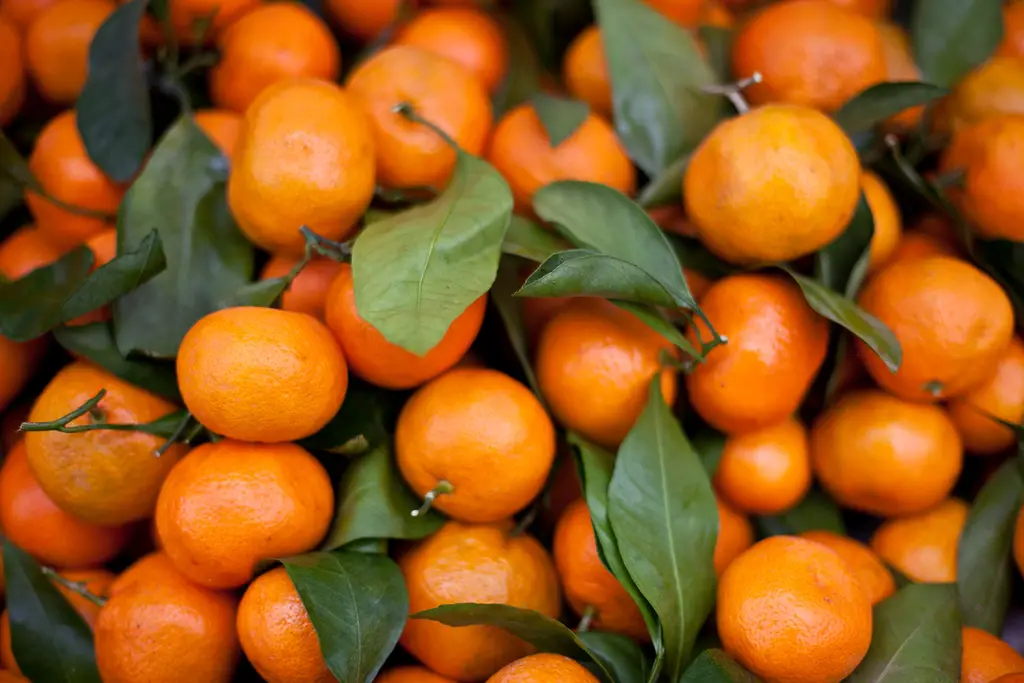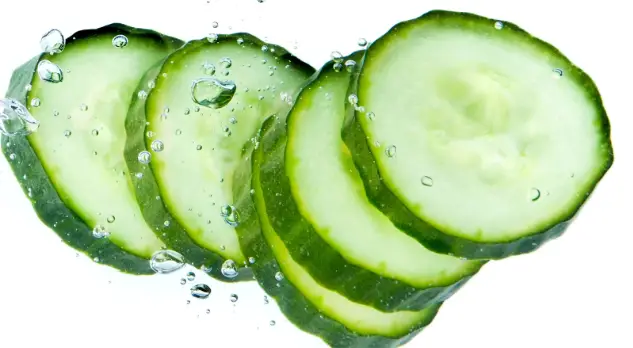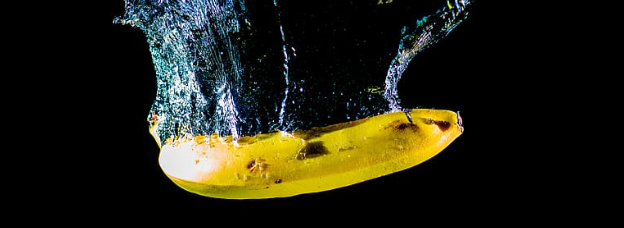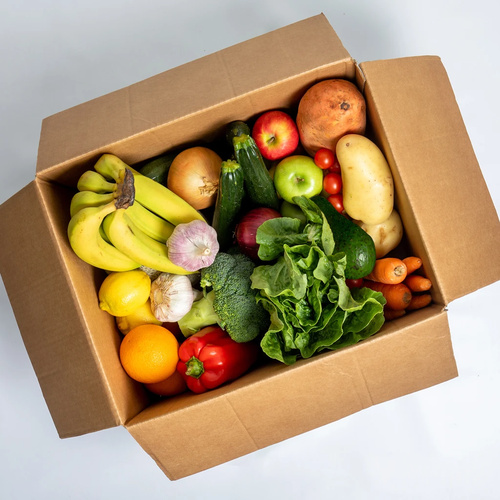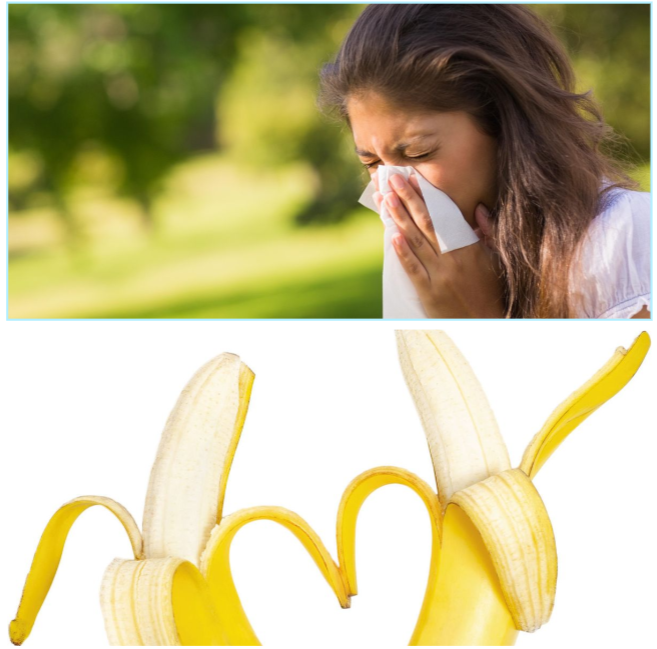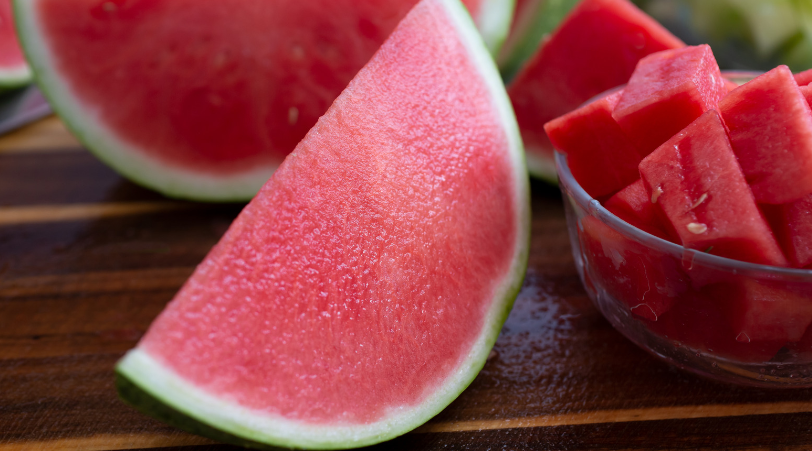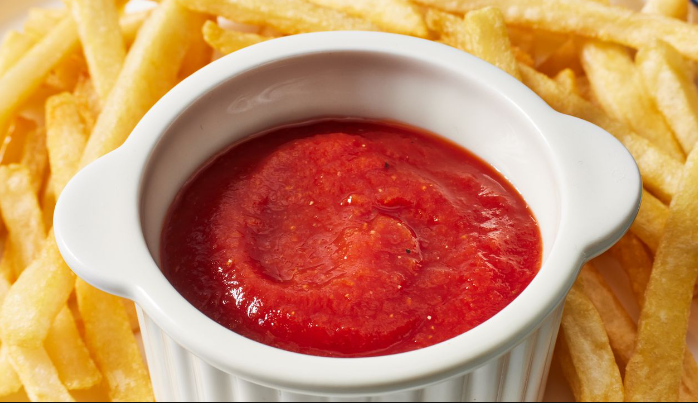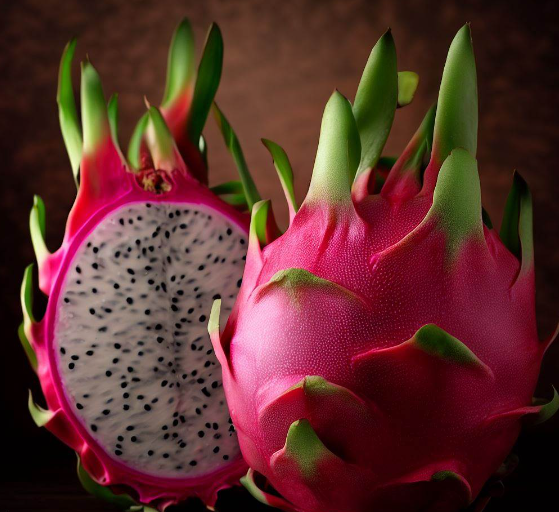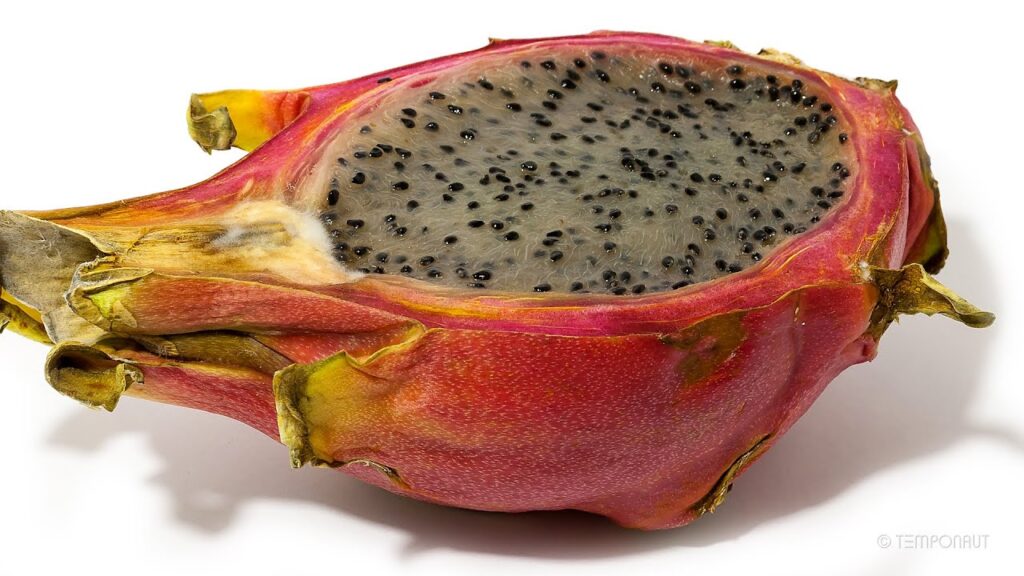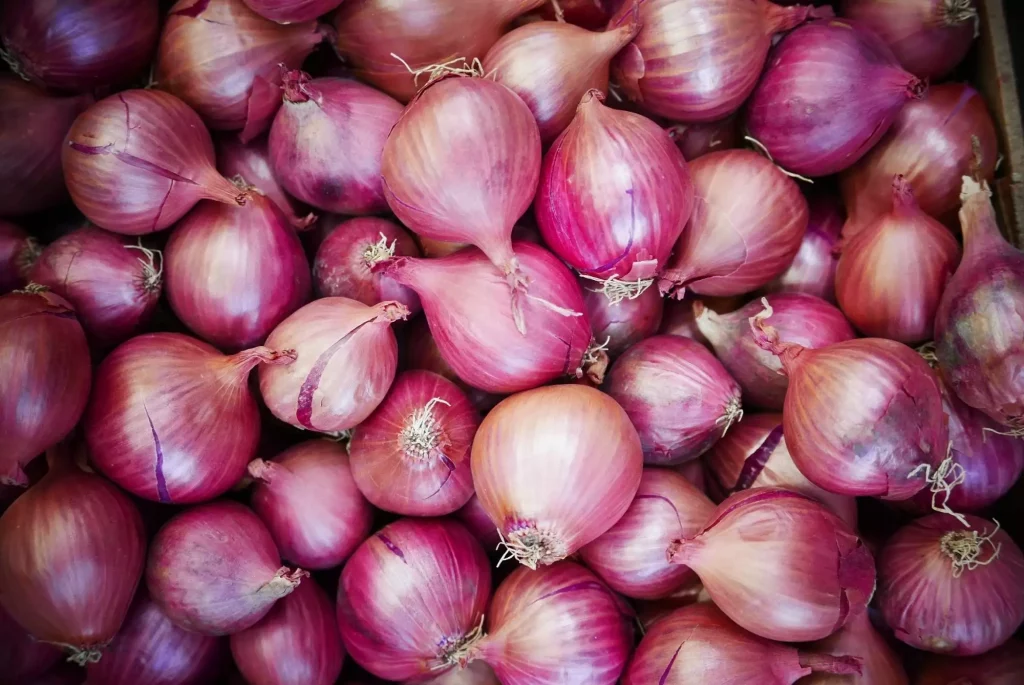Cantaloupe is a very tasty fruit that many people like to have when it’s hot outside. When you’re eating cantaloupe, you might see some seeds and think about whether you can eat them and if they’re good for you. The answer is that you can eat cantaloupe seeds and they’re healthy too. Even though the juicy orange part of the cantaloupe is everyone’s favorite, the seeds offer extra health benefits.
Table of Contents
- Are Cantaloupe Seeds Safe to Eat?
- Nutritional Profile of Cantaloupe Seeds
- Potential Health Benefits of Cantaloupe Seeds
- 1. Improve Heart Health
- 2. Promote Digestive Regularity
- 3. Boost Immunity
- 4. Support Bone Health
- 5. Aid Blood Sugar Control
- Tips for Eating Cantaloupe Seeds
- Are There Any Downsides to Eating Cantaloupe Seeds?
- In Conclusion
Are Cantaloupe Seeds Safe to Eat?
Yes, it’s safe to eat cantaloupe seeds and they taste pretty good! They have a slightly nutty and earthy taste that is different from the sweet fruit.
Some folks might want to take the seeds out of the stringy part inside the cantaloupe, but it’s fine to eat them together. If you wash the seeds, you can get rid of some of the strings.
You shouldn’t eat seeds that taste very bitter or seem spoiled, but the fresh ones right out of the cantaloupe are great to eat. Make sure to chew them well so your body can use the nutrients inside.
Nutritional Profile of Cantaloupe Seeds
Cantaloupe seeds may be little, but they’re packed with good stuff. They have plenty of healthy fats, protein, fiber, phosphorus, zinc, vitamin E, and other things that fight off sickness.
Because they have fats and fiber, these seeds can make you feel full for a while.
Potential Health Benefits of Cantaloupe Seeds
There haven’t been a lot of studies on cantaloupe seeds, but the things in them are known to be good for your health in these ways:
1. Improve Heart Health
The omega-3 and omega-6 fats in cantaloupe seeds are good for your heart. They can help reduce swelling in your body, lower blood pressure, and can make the bad cholesterol in your body go down.
2. Promote Digestive Regularity
The seeds have fiber and fats that can help your digestion and keep your bowel movements regular.
3. Boost Immunity
They have a lot of zinc, which is very important for keeping your immune system strong and helping your body to fight off sickness.
4. Support Bone Health
The seeds have minerals like phosphorus and magnesium that help keep your bones and teeth strong.
5. Aid Blood Sugar Control
The fiber in the seeds can stop sugar from getting into your blood too quickly, which keeps your blood sugar level in check.
While we need more studies, eating cantaloupe seeds could be really good for you and add more nutrition to your diet.
Tips for Eating Cantaloupe Seeds
You can snack on cantaloupe seeds just as they are or cook them for extra taste. Here’s how you can enjoy them:
- Take out the seeds, wash them, and eat them as they are for a crunchy snack.
- Dry the seeds, put some oil and spices on them, and bake them for a yummy snack.
- Cover them in chocolate or nut butter for a sweet snack.
- Blend them into powder and mix with smoothies, yogurt, or in your baking to add some nutrients.
- Add them to salads after roasting them for a nutrition boost.
- Make a candy by cooking sugar and seeds together until it’s sticky and set.
- Mix the seed oil with other things to make tasty dressings for your salads.
You can get creative and add cantaloupe seeds to all kinds of things like trail mixes, cereal, and energy bars.
Are There Any Downsides to Eating Cantaloupe Seeds?
Eating cantaloupe seeds is usually okay for most people and can be healthy. But remember:
- Kids could choke on them if they don’t chew well.
- Some people might be allergic to them, but it’s very rare.
- If you eat too many seeds, your stomach might get gassy or bloated because of the fiber.
- Seeds have calories, so if you eat lots of them or use seed oil, it could add up.
As long as you chew the seeds well and don’t eat too much at once, it should be safe to include cantaloupe seeds in your diet. But if you have certain health issues like diverticulitis, you might need to be careful with seeds and fibrous foods.
In Conclusion
Cantaloupe seeds are small but they can really add good nutrition to your meals. They’re completely okay to eat and bring a crunchy texture along with healthy fats, fiber, minerals, and things that fight disease. Eating cantaloupe seeds can be good for your heart, digestion, and immune system among other benefits.
